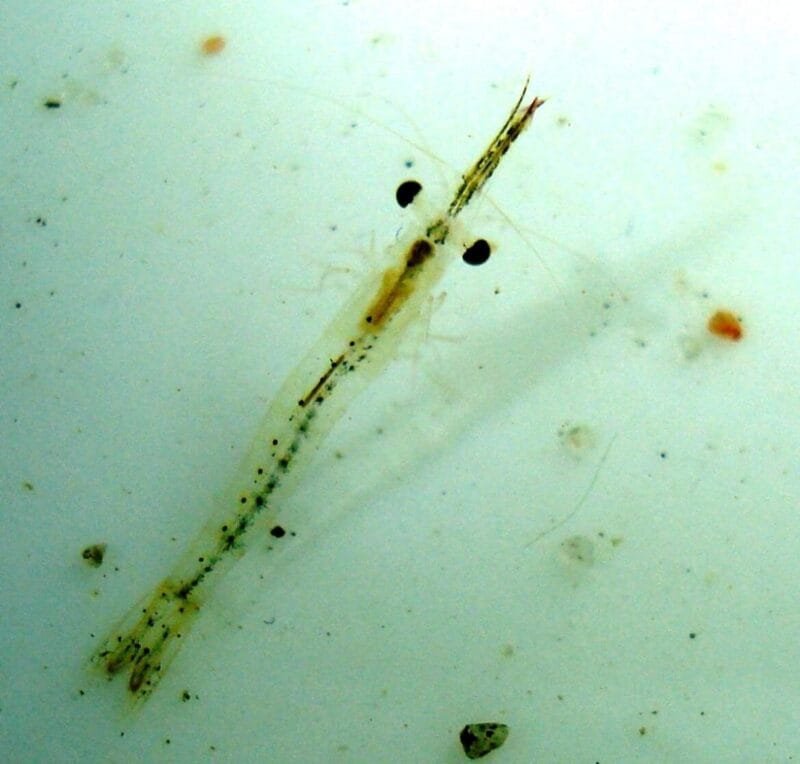Ensuring the well-being of your aquarium fish is a top priority for any responsible fish keeper. While maintaining water quality, providing a balanced diet, and creating a suitable habitat are essential, one often-overlooked aspect of fish health is behavior. Your fish communicate their state of health and happiness through their actions, and being attentive to these signals can make all the difference in providing the care they need. In this blog post, we will delve deeper into why monitoring changes in behavior is crucial and how to interpret some of the key signs that your fish might be trying to tell you.
Lethargy: A Red Flag
One of the most noticeable indicators of fish distress is lethargy. If your once-active fish suddenly becomes sluggish, spending more time resting near the substrate or at the water’s surface, it’s time to investigate. Lethargy can be a response to various stressors, such as poor water quality, disease, or overcrowding. A lack of energy can also be a symptom of an underlying health issue, making it a signal not to be ignored.
Excessive Hiding: Seeking Refuge
Fish are experts at finding hiding spots within your aquarium, but when they start spending an unusual amount of time concealed, it’s worth paying attention. Excessive hiding can be a response to perceived threats or stressors in the environment. It may indicate aggression from tankmates, inadequate hiding places, or even the presence of a predator. Providing additional hiding spots or rearranging tank decor can alleviate this behavior if it’s due to overcrowding or territorial disputes.
Erratic Swimming Patterns: The Stress Dance
Erratic swimming patterns are another behavior that should raise concerns. If your fish start darting around the tank unpredictably, repeatedly bumping into tank walls or decor, it may be a sign of distress. This behavior can be triggered by various factors, including poor water quality, high ammonia or nitrite levels, or the presence of parasites. Swift action to address these issues is essential to restore your fish’s well-being.
Isolation from the Group: Loneliness or Illness?
Fish are social creatures, and most species prefer the company of their own kind. If you notice a fish isolating itself from the group, it could indicate a problem. While some fish may naturally be more solitary, sudden and prolonged isolation is often a sign of illness. Sick fish may distance themselves to avoid spreading disease or to conserve energy. Quarantine and medical attention may be necessary in such cases.
Conclusion: The Language of Fish Behavior
Monitoring changes in fish behavior is akin to learning a new language – the language of your aquatic friends. It’s a powerful tool for diagnosing issues early and providing timely care. Regular observation and understanding of your fish’s actions will help ensure a happy and healthy aquarium community. Remember, when in doubt about your fish’s well-being, seek guidance from experienced aquarists or aquatic veterinarians who can offer expert advice on keeping your fishy friends in tip-top shape.






